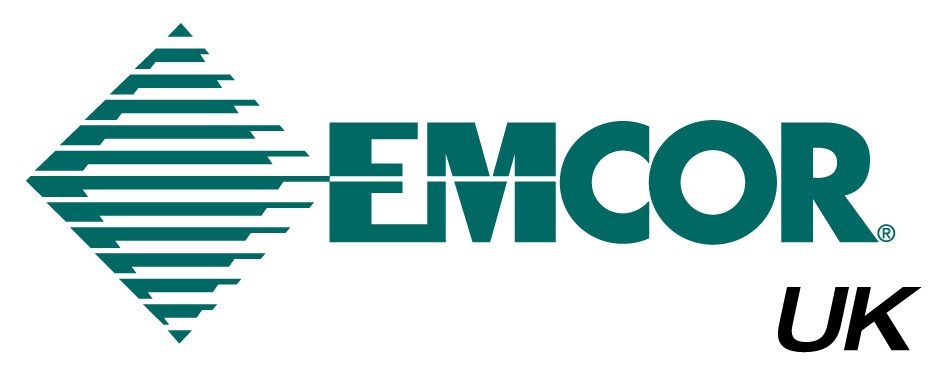Climate Change and the Workplace
Herman Miller National Design Centre, London
09:45 – 16:45 + Drinks Social

Climate Change and the Workplace: Towards Net Zero Carbon
This event is now FULLY BOOKED. You can still register for a virtual ticket to receive videos of sessions approximately 2 weeks after the event.
New energy use standards and legislation are on their way to achieve net zero green house gas emissions. Changes in the way workplaces are managed and designed will be required as a result. Clients, employees and stakeholders will require advice, and it’s more than likely that workplace tenders and bids will soon expect clear reference to energy reduction. This one day seminar is not another talk-shop. We will address what workplace designers, managers and consultants need to know about and do in readiness for these changes.
We’re putting together this one day conference as a special addition to our usual event schedule.
With thanks to our sponsors
Agenda
Coffee and Registration (09.45)
Morning Chair’s Welcome (10.20) Ian Baker, EMCOR UK
Reducing Operational Energy: How will changes in building design impact the workplace? (10.30) Alan Fogarty, Cundall
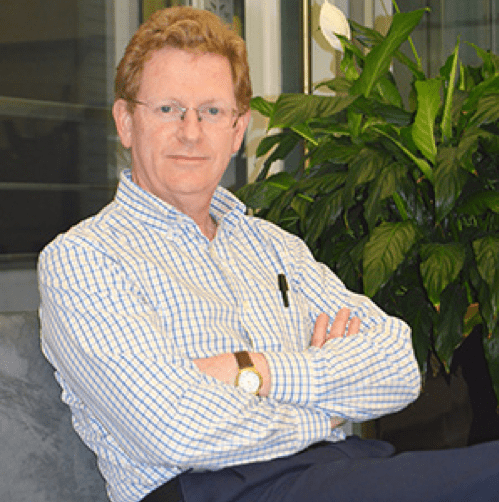
The goal of Zero Carbon 2050 requires that the energy used by buildings in operation must be reduced to the minimum and where possible any demand be met through renewable energy. But how will this be achieved and what are the implications for the design and management of the workplace? This session addresses how the workplace can be designed to facilitate reduced energy use, specifically relating to the fundamental requirements of comfortable temperature, high air quality, lighting and the need to power office equipment.
Alan Fogarty is a Partner in Cundall and heads up their specialist environmental building physics group. He is a chartered Building Services Engineer who has specialised in passive building design and low carbon systems. He is chair of the UK’s MHCLG 2020 Part L Non Domestic working group, looking at proposals for revising Building Regulations in order to meet challenging carbon reduction standards. Alan also led the implementation of the WELL Building Standard for Cundall’s London office fit out, the first certified WELL project in Europe and offers health and wellbeing consultancy to clients on multiple projects. He is leading on the implementation of the new Design for Performance on a number of projects which optimises energy performance in use against design targets, using a digital twin.
Design to Adapt: Future offices within a circular economy (11.00) David Cheshire, AECOM

With the global demand for resources surging, raw materials becoming harder to extract and the threats of climate change, increasing the construction industry needs to transform. As part of this, offices and workplace designs need to shift from the traditional ‘linear economy’ model, where materials and settings are generated, used and thrown away, to the ‘circular economy’ model. This model promotes a more sustainable, ‘regenerative’ approach, prioritising the retention and refurbishment of buildings over demolition, and designing for the separation and reuse of materials at the end of a building’s life. The talk and subsequent discussion will explore how designers, procurement teams and occupiers of workplaces should respond.
David Cheshire specialises in sustainability in the built environment and is Director – Sustainability at AECOM. David has more than 20 years’ experience acting as a sustainability champion on construction projects, and is a Chartered Environmentalist and BREEAM Accredited Professional. He has written best-practice industry guidance, including CIBSE’s Sustainability Guide. David is the author of Building Revolutions, a book for the RIBA on applying circular economy thinking to the built environment. The hierarchy proposed in David’s book is referenced in the latest London Plan consultation.
Coffee (11.30)
Net Zero Workplaces: The new norm (12.00) Karl Desai, UK Green Building Council

Corporate occupiers are driving up demand for net zero workplaces which will require deep cuts in operational energy use and reductions in embodied carbon from construction. This session will examine UKGBC’s net zero carbon buildings framework and supporting ‘Paris Proof’ energy targets for offices. The session will provide insights on what workplace designers and managers will need to do in order to respond to the climate emergency and to deliver net zero.
Karl Desai manages the UKGBC’s Advancing Net Zero programme which is leading the UK’s transition to a net zero carbon built environment. Karl led in the development of UKGBC’s Net Zero Carbon Buildings: A Framework Definition which has catalysed industry wide action in tackling buildings’ whole life carbon. He also co-authored UKGBC’s Guide to Scope 3 Reporting in Commercial Real Estate which helps property and construction companies on their journey towards net zero. Karl believes net zero emissions can only be achieved through coordinated action in the built environment sector and has emphasised this in his career by working for three Green Building Councils. Originally from Australia and with a background in architecture, Karl has a holistic understanding of buildings to help lead in the transition to net zero.
Cost-effective reuse and refurbishment for sustainable workplace change (12.30) Ann Beavis, Crown Workspace

Moving and changing the workplace represents a strategic opportunity for organisations to take positive action towards ambitious carbon reduction targets. How we use and produce everyday products needs to be addressed to achieve an estimated 45% of the reductions needed. Our existing resources represent a great opportunity to make savings, deliver social value and learn important lessons to feed into future product and service design. Ann will talk about very practical ways organisations can achieve greater sustainability through changing their approach to sourcing products and services and will provide examples of outstanding practice with remarkable results.
Specialising in sustainable development, Ann played a key role in setting up a sustainable services division at Crown Workspace. Developing environmentally, socially and economically responsible workplace solutions for clients for the effective management and clearance of office furniture and IT equipment. In 2018 Crown Workspace acquired Premier Workplace Services and its sustainable division Premier Sustain. She is a member of the IWFM Sustainability Special Interest Group committee and led the association’s recent work on social value. She also co-authored the IWFM Good Practice Guide on Recycling, Waste and Resource Management and sits on the BITC Circular Economy Task Force that helps drive circular economy practices across the UK and delivers sustainable guidance on environmentally, socially and economically sustainable workplace solutions for the effective management, storage, resale, refurbishment and recycling of office furniture and equipment. Ann co-authored the BIFM Good Practice Guide on Recycling and Waste Management, works with the BITC on The Circular Office Initiative and is a member of the BIFM, CIWM and CIM.
Lunch (13.00)
Afternoon Chair’s Welcome Back (14.00) Andrew Brown, Just Ride the Bike / Frank and Brown
The Case for Active Travel – Panel (14.00) Neil Webster, Cyclo Consulting, Megan Sharkey, University of Westminster, Ben Knowles, PedalMe
Cycling or walking to work has many health and environmental benefits, but how can an organisation encourage employees to make the change and what systems and facilities need to be in place for success? Panel members will each give a short presentation before opening the discussion on how to take Active Travel forward.

Andrew Brown, has been a PR and journalist specialising in the built environment and workplace for over 20-years. His work is now focussing more and more on active travel, looking at educating local government as well as the service providers in FM and construction and their clients to promote safer walking and cycling to improve wellbeing, healthier living and therefore reduce the impact on our environment.

Neil Webster: An active traveller for work and pleasure Neil is an authority on the disruptive effect of cycling in the real estate market. He was the author of the 2017 BCO report “The Market Cycles” and has recently reviewed the cycling facilities across a UK occupier’s 700 building portfolio. He was previously a trustee of London Cycling Campaign.

Megan Sharkey is a city change maker for urban transitions, sustainability and transport. She has worked for businesses, communities, and governments in the UK, Australia, USA and UAE. Currently, she is the Urban Studies Research Scholar at the University of Westminster researching government barriers to cycling infrastructure development.

Ben Knowles founded Pedal Me in 2017. He trained originally as a chemist but moved in to transport due to an interest in Public Health. His work with children and families – many from deprived backgrounds – gave him an insight into how powerful walking and cycling are as tools for allowing people from all walks of life to allow freedom of movement.
Responsible Consumption and Facilities Management (14.45) Ian Baker and Clare Hawkins, EMCOR UK
With businesses responding to the net zero challenge they are often restricted by limitations of their building stock. EMCOR UK discuss how the efficient management of existing facilities is the first stage for a responsible approach to carbon reduction for many organisations. This session will also explore EMCOR UK’s response to the United Nations Sustainable Development Goals, these are the blueprint to achieve a better and more sustainable future for all. They address the global challenges we face, including climate change, environmental degradation, poverty and inequality.

Ian Baker is a leader of Workplace transformation at EMCOR UK and is focussed on providing organisations better places to work. Using the Workplaces ability to increase wellbeing, happiness, motivation and engagement, Ian helps customers to improve employee experience and increase organisational performance.
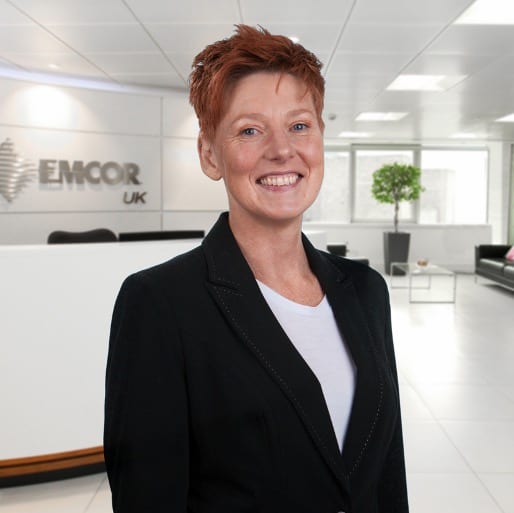
Clare Hawkins is a CIBSE Low Carbon Consultant with 30 years’ experience of energy management across a wide range of industry sectors. Working with EMCOR UK for the past 23 years, she is responsible for driving energy efficiency by recognising the role of FM within the built environment. An advocate of an integrated approach to energy management, Clare understands how improving the whole life cost of your portfolio through technology, behavioural change and asset management ensures a solid foundation to meet the net zero challenge. As an early adopter of ISO5001 (Energy Management Systems) Clare led EMCOR UK to be the first UK organisation to achieve certification to the 2018 standard on the day it was issued.
Tea (15.15)
Andy Stanton, LETI / Atkins (15.45)
The London Energy Transformation Initiative (LETI) is a network of over 1000 built environment professionals that are working together to put the UK on the path to a zero carbon future. LETI was established to work collaboratively to put together evidence-based recommendations for two pieces of policy – the new London Environment Strategy and the rewrite of the London Plan. They have recently launched their comprehensive Climate Emergency Design Guide.

Andy is Associate Director for Atkins responsible for sustainability in its multidisciplinary UK Building Design division, covering building services, structural engineering and an ‘AJ top 10’ architectural practice. The team works across the educational, commercial, transport and housing markets, supporting clients from master planning, design, construction through to post occupancy evaluation. Andy is a chartered building services engineer and a former UK Energy Manager of the Year, as well as a certified Passivhaus designer. His background has been in private and public sector, being involved in a number of award winning, high profile sustainable new build projects, helping develop London’s energy performance contracting framework for retrofitting buildings, RE:FIT with the Greater London Authority and transforming the asset management and carbon performance of a multi-building portfolio for Transport for London.
The Climate Change Commitment (16.15) Sarah Ratcliffe, Better Buildings Partnership
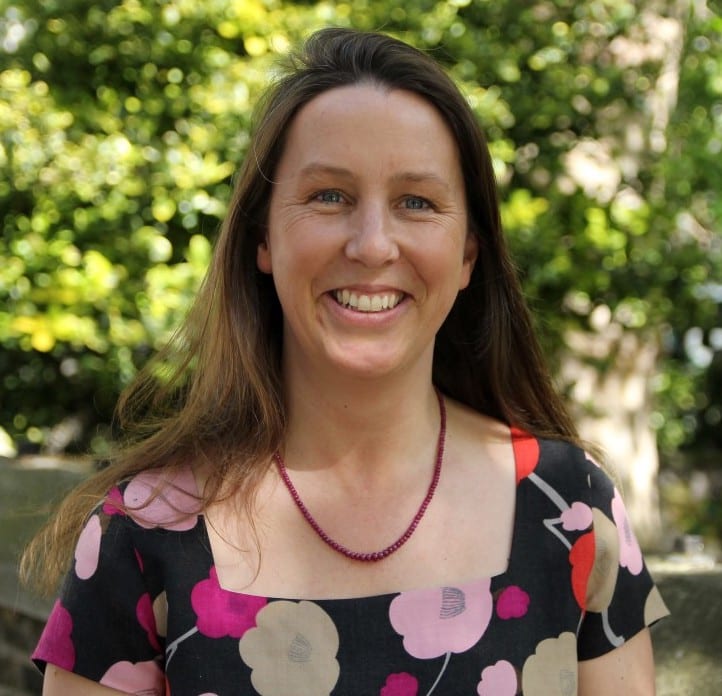
Tackling the growing risks of climate change is one of our greatest global challenges. The latest report from the Intergovernmental Panel on Climate Change (IPCC) highlighted that we are facing a global climate crisis and must limit global warming to 1.5 degrees to reduce the risks associated with long lasting or irreversible changes to the earths’ atmosphere and ecosystems. To achieve this, global net human-caused emissions of carbon dioxide would need to reach net zero by 2050. In recognition of this challenge and the transformation that is required across the real estate sector, BBP have worked collaboratively with their members to develop a Climate Change Commitment: to date, 22 member signatories, including familiar names like Lendlease, British Land, Great Portland Estates, and Landsec, have signed the commitment. Sarah will outline the implications of the Commitment and discuss why industry collaboration is critical to delivering net zero carbon buildings.
Sarah Ratcliffe is CEO of the BBP. Sarah has over 15 years experience advising many of the UK’s leading property investors and developers on sustainability issues. As a founding Director of Upstream (acquired by JLL in 2007), she was instrumental in establishing some of the earliest sector sustainability benchmarks including the Property Environment Group, NextGeneration and The Third Dimension. As a European Director at JLL Sarah was responsible for leading the firm’s sustainability consultancy in UK and Europe and sat on the Global Sustainability Board. In addition to various independent consultancy projects, Sarah is now a visiting lecturer on Sustainable Real Estate at Cass Business School and a Board Director of the Sustainable Development Foundation.
Drinks Social (16.45-17.45)
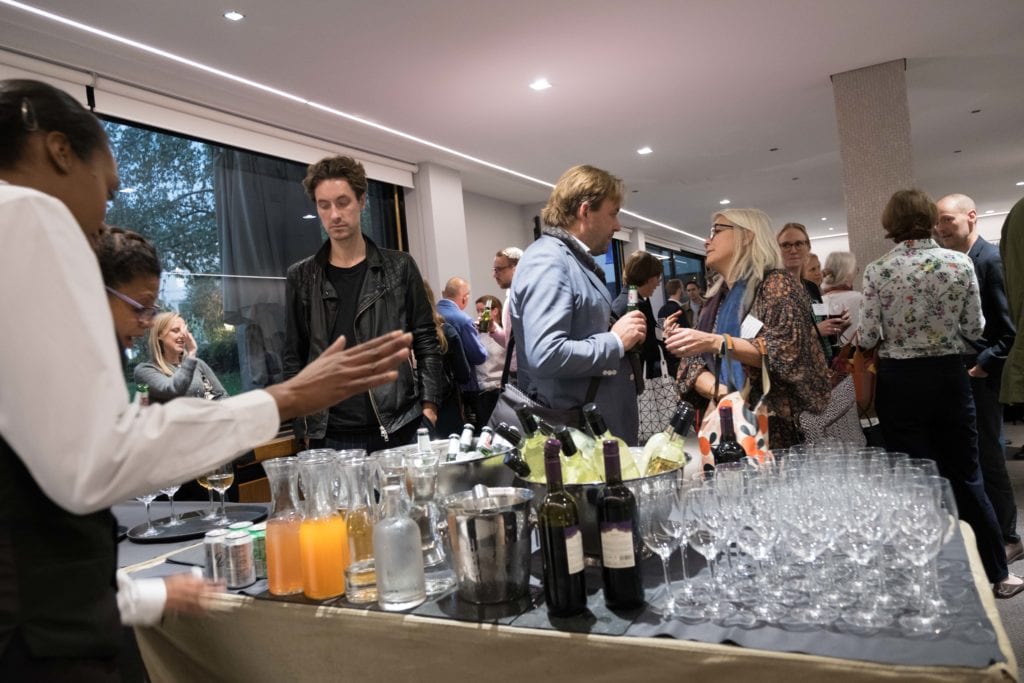
As with all our events, everyone is welcomed to an informal Drinks Social immediately after the conference close. Here, the discussion continues, and you can catch up with old friends and make new connections.
Venue
We’re delighted to return to the inspiring space at the Herman Miller National Design Centre for this event. Delegates will have the opportunity to look around the centre before and after the conference and during the conference breaks.
Registration
Attendance in person: In-person tickets are now FULLY BOOKED
Virtual attendance: Receive videos of each conference session. Videos will be released to you approximately 2 weeks after the conference date. Virtual ticket: £145 + VAT


